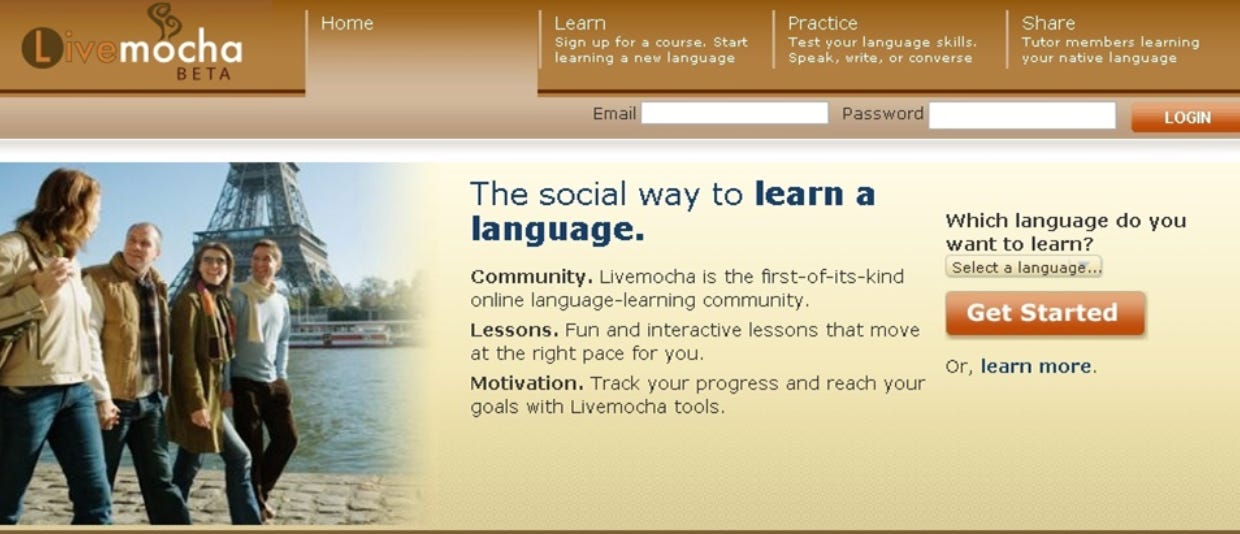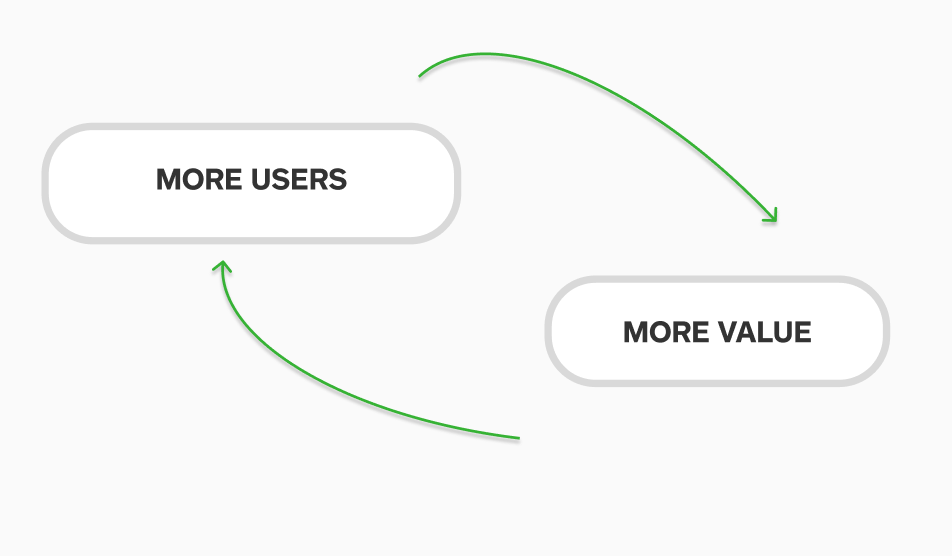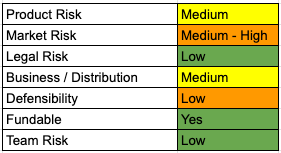Evaluating your idea for a new startup
You have an idea for a new AI startup. How do you evaluate it?
You have an idea for a new ChatGPT based Quickbooks competitor - ‘EasyBooks’ that lets small business owners manage their books powered by ChatGPT.
A small business owner can connect to their payment systems like Square and easily chat with EasyBooks - ‘how much money did we spend last month’ and then create actions - ‘schedule a reminder email’... all in natural language.
How do you evaluate this idea for a new startup?
I like to use an onion metaphor to describe the framework - Each idea is like an onion and you peel the different layers. Before we decided on the idea at my first startup, Livemocha, we spent 4-5 months looking at multiple other ideas that we discarded. It was a learning process for me and below I describe the framework we used, which has 3 areas and WHY its useful.
1. Risks
The first area we spent time on was risks. Risks in your idea include: Product Risk - how hard/feasible is it to build this, Market Risk - do people want this product, how will you get adoption, Legal Risk - are there regulatory or patents etc. that would potentially threaten this, Funding risk - is this a fundable idea, does it require a lot of capital, can you raise funding, Business / Competition Risk - is there a lot of competition, can we build a scalable business for this, is this a big market, Team Risks - are we the right team to build this, Do you have a critical insight into this space?
Risks by themselves are not bad. If there were no risks, this would already be done. Use this to think deeper about the risks and how you will mitigate them to build a viable business. Areas you need to dig into more.
Not all risks are equal. Some risks require more scrutiny than others. e.g if there is a legal risk.
Competition is not bad. It means there is a market. If you find yourself saying there is no competition, ask why? Is that because there is NO market OR people have tried and failed. If so, why will you have a different outcome? No competition is a myth. Even if its true, you will at most have 3-6 months before competitors come in. Assume other people are working on the same idea.
Most startups fail because of Market risk - enough people don’t need your product at this time.
2. Business Model & Distribution
The second area where we spent time is on the business model (tied to business risk). Not a detailed MBA model but try to answer the question - How will you make money? Often when you work in a bigger company or in functions not directly responsible for revenue - you are shielded from how hard it is to make money in a business. You start to think if you build, they will come. That is rarely the case.
One of the investors at Livemocha once told me - the two hardest things in a startup are both to do with money - getting someone to invest in your business and getting customers to pay!
This forces you to think of basics of this e.g. Is this a big market, customer acquisition (i.e. distribution) and costs, lifetime value of customer. The model and scaling path is different for consumer and enterprise companies. For most consumer apps - distribution is a big problem. It’s much harder to drive virality and engagement than you assume. This exercise also forces you validate assumptions E.g. if you model that 30% users (vs 1% norm) will create content on your app, you should have a strong reason for that.
3. Moat / Defensibility
The third area that is important to think about - How defensible is this from competitors. The easier it is to build a product/launch, the easier it is for someone else to do the same. Many of the thin layers on top of ChatGPT face this risk. Many Groupon clones faced this challenge.
If there are ways that ‘the product gets better with additional customers’ - that gives you network effects that a competitor cannot immediately emulate. E.g. while someone can copy Quora’s technology quickly, the content/SEO will take a really long time.
Why Bother?
Startups are hard, you will likely go through a lot of ups and downs. Like the Mike Tyson quote on plans and punches, you will change many things on your original plan as it meets the real world.
In some cases, the biggest risks are not apparent until you are deep in the space (e.g. how aspirational language learning is) or will emerge later. The more important thing is that you adjust at that point.
WHY bother doing any of this analysis if things will change anyways?
I find the lightweight framework useful. It helped us refine the idea at my previous startups as we looked at it from different dimensions. Further the time spent looking at previous ideas and recognizing risks in them later helped us connect the dots between social, learning, marketplace to come up with a new idea eventually.
Use this more as an aid and not an end in itself. Any framework like this has large assumptions and will likely be stale quickly. Extra time getting to high precision on this is not very valuable since it has not met the real world!
A lot of your startup’s eventual outcome will come down to market, team, space (and of course luck) INSTEAD of the exact specifics of the idea or model.
(early startup days in my basement)
Back to the ChatGPT based EasyBooks idea
The nice thing about this idea is that it leverages a platform shift (AI) to take on an incumbent. You might look at the different areas of EasyBooks and evaluate the risks to something like this: (these will be different for different people).
Good luck with the EasyBooks IPO!
Thank you for reading. Please share.








